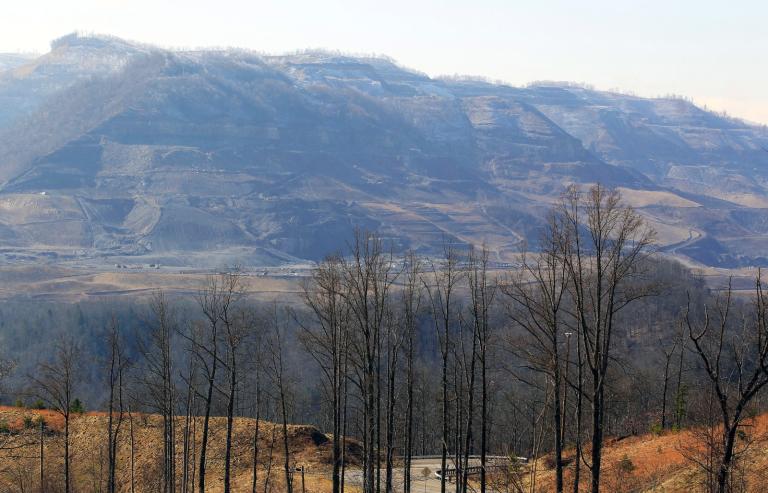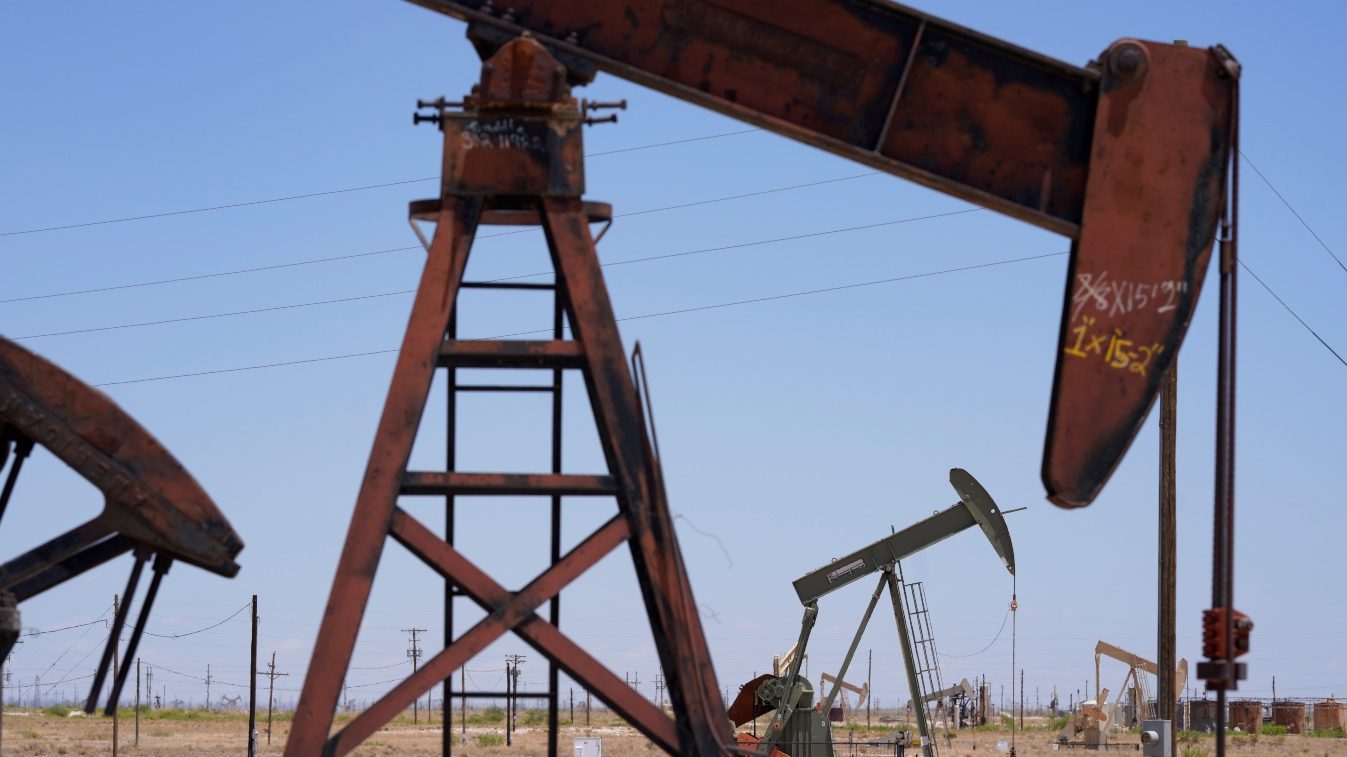A coalition of Indigenous and environmental groups filed a lawsuit this week against the state of New Mexico, alleging the state has failed to protect the earth, air and water against pollution, as spelled out in the New Mexico constitution.
The lawsuit, filed Wednesday in state district court, is the first time the 1971 amendment to the constitution that stipulated such protection has been used for a legal claim, according to the Center for Biological Diversity, one of the groups in the suit.
“Indigenous people and frontline community members in New Mexico have been seeking assistance to control oil and gas pollution because they live in areas where there’s fracking all around their homes, livestock and on ancestral lands,” said Gail Evans, an attorney with the center. “They’ve been looking for legal tools on how to hold the state accountable for this pollution.”
New Mexico is the nation’s second largest producer of revenues from oil drilling and its southeastern corner is home with West Texas to the Permian Basin, one of the largest oil fields in the world.
In recent years, the state’s amount of oil production has increased ten times since 2010 to present day. Additionally, oil-related revenue has surpassed the estimated five-year averages to fund a large amount of the state’s budget, including education and social programs.
The coalition includes Navajo community members along with additional organizations such as Pueblo Action Alliance, Youth United for Climate Crisis Action, and WildEarth Guardians. The suit demands that New Mexico suspend issuing permits for new oil and gas wells until there are statutory, regulatory and enforcement plans in place to prevent further harm to the environment and community health.
The 1971 amendment to the state’s constitution, Article 20 Section 21 requires the state prevent “despoilment of the air, water and other natural resources of this state, consistent with the use and development of these resources for the maximum benefit of the people.” Currently, New Mexico is responsible for over 50 percent more greenhouse gas emissions than the national average.
Julia Bernal, executive director of the Pueblo Action Alliance, said New Mexicans feel urgency about climate change and public health after living through their worst fire season last year and witnessing the Rio Grande run dry.
“This lawsuit can invite other New Mexicans to come to terms with seeing themselves in this lawsuit and think: ‘I have come to terms with the fact that I see myself in this lawsuit. I have a right to a clean air, clean water and a liveable future and I do have access to religious freedom,'” Bernal said.
Bernal said she drew inspiration and passion from the recent case of Youth Vs. State Of Montana: Support For Fossil Fuel Companies Is Unconstitutional. Recently, 16 young Montanans sued their state arguing that its support of fossil fuels violates their rights as citizens to a clean and healthy environment.
“People are seeing the impact of climate change and are now wanting to see some measurable change,” Bernal said. “And that to me seems like this is the time to do this.”
Evans said toxic liquid waste is spilled at an average of four times per day in New Mexico, air quality is failing to meet federal standards in several counties and ancestral landscapes are being damaged. In 2019 the industry used approximately 14 billion gallons of New Mexico’s fresh water resources which is equivalent to household use for more than 278,000 people.
“Schools are surrounded by oil and gas wells and fracking sites,” Evans said. “There’s no setbacks in our state or ‘put in place’ rules to protect children and keep oil and gas production away from schools. We also don’t have rules to keep oil and gas production away from where people live. Some of the people involved in this case literally have oil and gas pipelines running through their family’s backyard and have fracking sites within a stone’s throw of their front door.”




